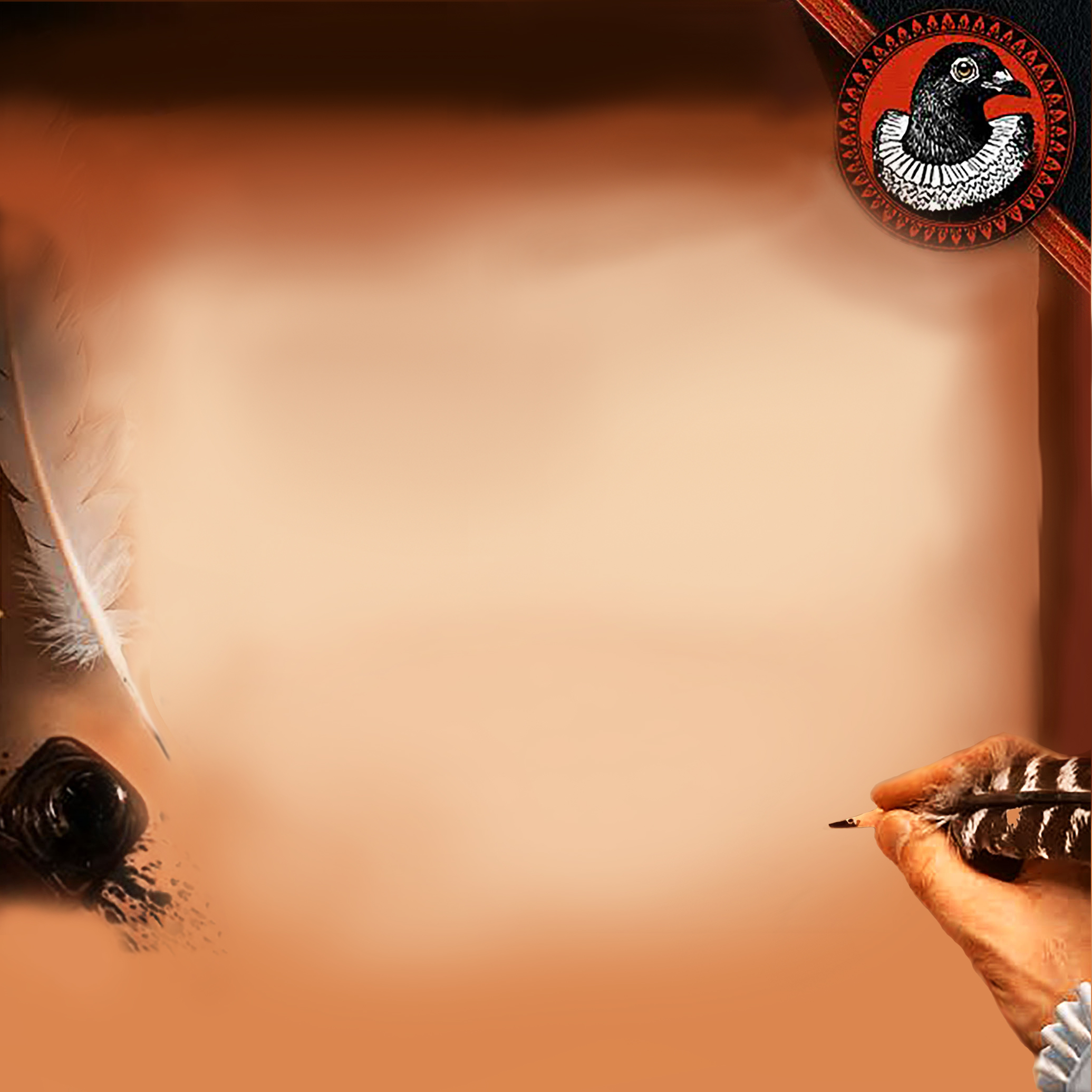(We’re mashing up current events with Hamlet, the whole play, and you can start here in the middle or with this post.)
Following Hamlet’s post-election moment of despair, his spirits are revived by the welcome arrival of Rosencrantz and Guildenstern, his two former schoolmates. He doesn’t see the hidden microphones that King Claudius himself placed on them in an earlier scene. After all, they promised us that those personal assistants could be turned off.
Hamlet: “Good lads, how do you both?”
Rosencrantz: “As the indifferent children of the earth.”
Guildenstern: “Happy in that we are not overhappy. On fortune’s cap we are not the very button.”
Hamlet: “Nor the soles of her shoes?”
Rosencrantz: “Neither, my lord.”
Hamlet: “Then you must live about her waist, or in the middle of her favors?”
Guildenstern: “Faith, her privates, we.”
Neither the button on Lady Fortune’s cap nor the soles of her shoes, R&G find themselves lodged serenely in between, in the intimate portion of her anatomy. No one does it better than Shakespeare.
Hamlet: “…What have you, my good friends, deserved at the hands of Fortune that she sends you to prison hither?
Guildenstern: “Prison, my lord!”
Hamlet: “Denmark’s a prison.”
Rosencrantz: “Then is the world one.”
Hamlet: “A goodly one, in which there are many confines, wards and dungeons, Denmark being one o’ the worst.”
Rosencrantz: “We think not so, my lord.”
Hamlet: “”Why then ’tis none to you, for there is nothing either good or bad but thinking makes it so. To me it is a prison.”
Well, liberals and non-political Americans would be equally puzzled at how conservatives now view America after this watershed year.
Rosencrantz: “Why then your ambition makes it one. ‘Tis too narrow for your mind.”
Hamlet: “O God, I could be bounded in a nutshell and count myself a king of infinite space, were it not that I have bad dreams.”
We are not ambitious, we seek no empire, our national strength and wealth were created in a fit of absent-mindedness, mere byproducts of our desire for single-family homes and weekend barbecues. Slightly larger than a nutshell, but only so it can accommodate our family and friends. But then, we now have bad dreams as well.
Hamlet: “… in the beaten way of friendship, what make you at Elsinore?”
Rosencrantz: “To visit you, my lord; no other reason.”
Hamlet: “Beggar that I am, I am even poor in thanks; but I thank you: and sure, dear friends, my thanks are too dear a halfpenny. Were you not sent for? Is it your own inclining? Is it a free visitation? Come, come, deal justly with me.”
Guildenstern: “What should we say, my lord?”
Hamlet has invited his friends to admit the King sent for them. Guildenstern’s non-answer tells Hamlet all he needs to know. (Color here means conceal; consonancy means the harmony of our friendship; fretted means adorned).
Hamlet: “Anything but to the purpose. You were sent for, and there is a kind of confession in your looks which your modesties have not craft enough to color. I know the good King and Queen have sent for you.”
Rosencrantz: “To what end, my lord?”
Hamlet: “That you must teach me. But let me conjure you, by the rights of our fellowship, by the consonancy of our youth…be even and direct with me, whether you were sent for or no.”
Rosencrantz: {to Guildenstern} “What say you?”…
Guildenstern: “We were sent for.”
If only one court would confirm that we have a case, and allow for the kind of discovery that Hamlet has pursued here, we’d be able to show the world what we know in our hearts. Our regime, like Claudius’, is illegitimate.
More tomorrow!
